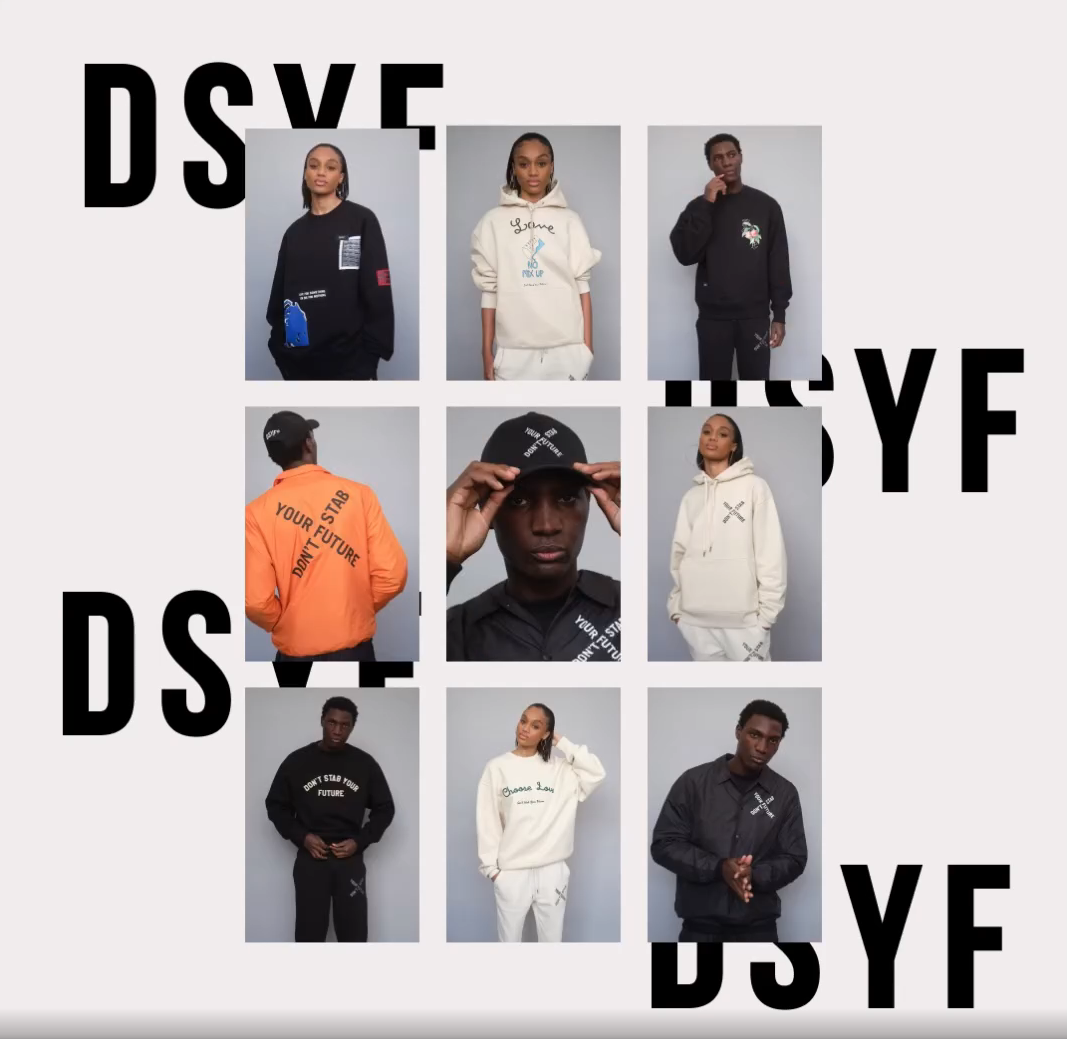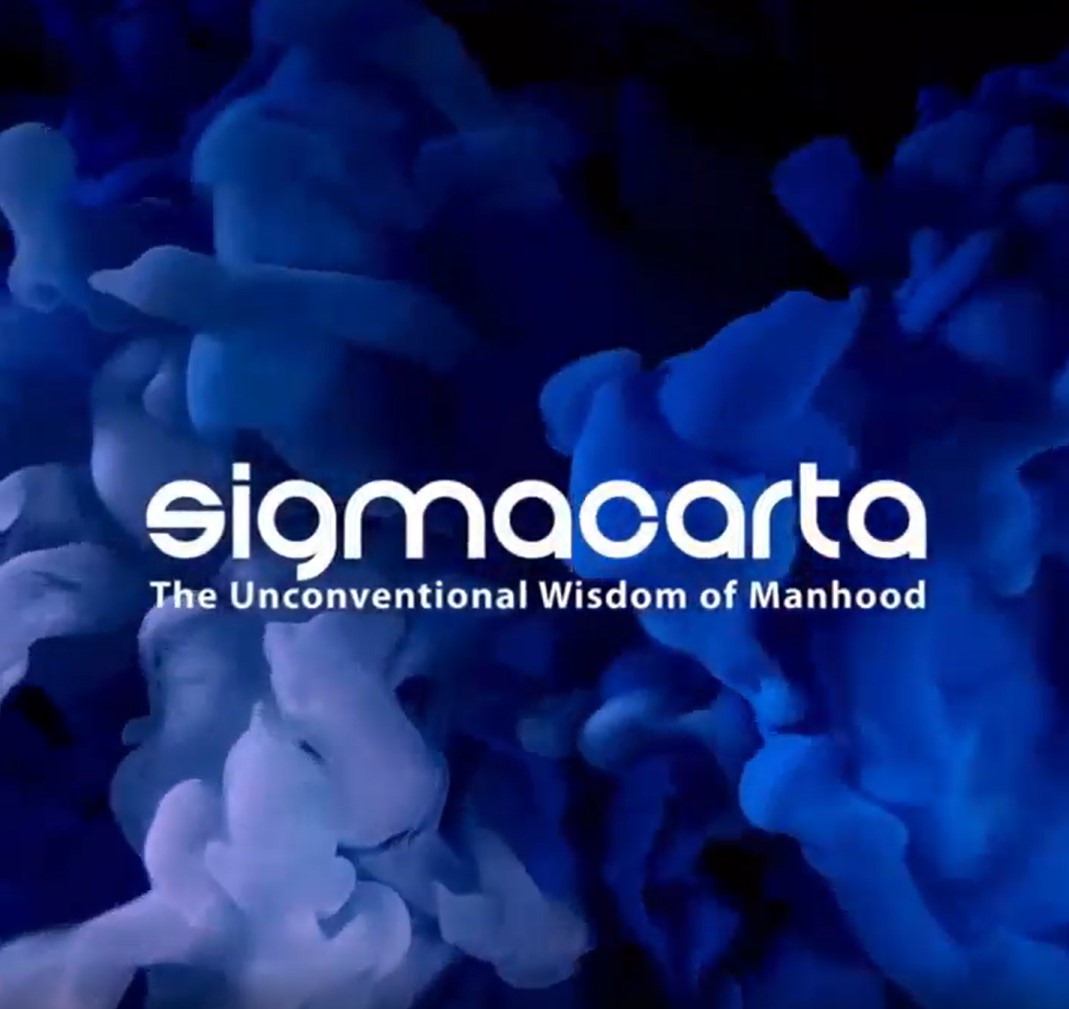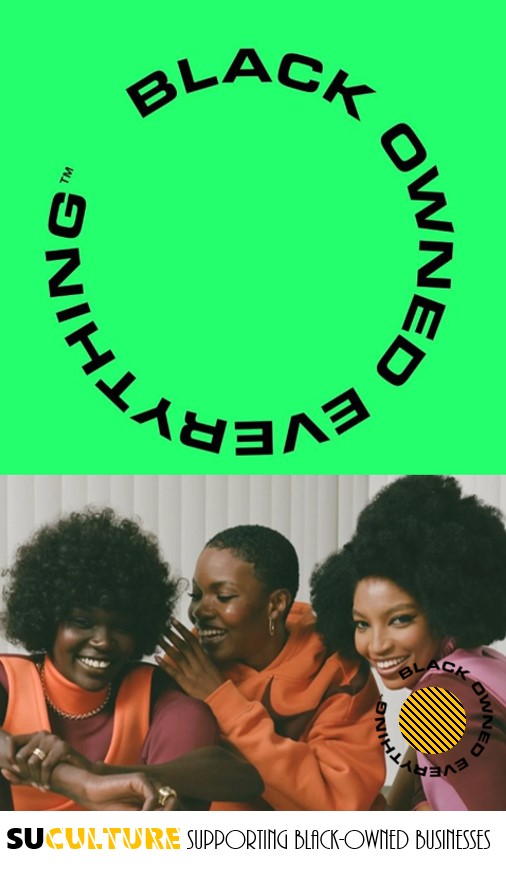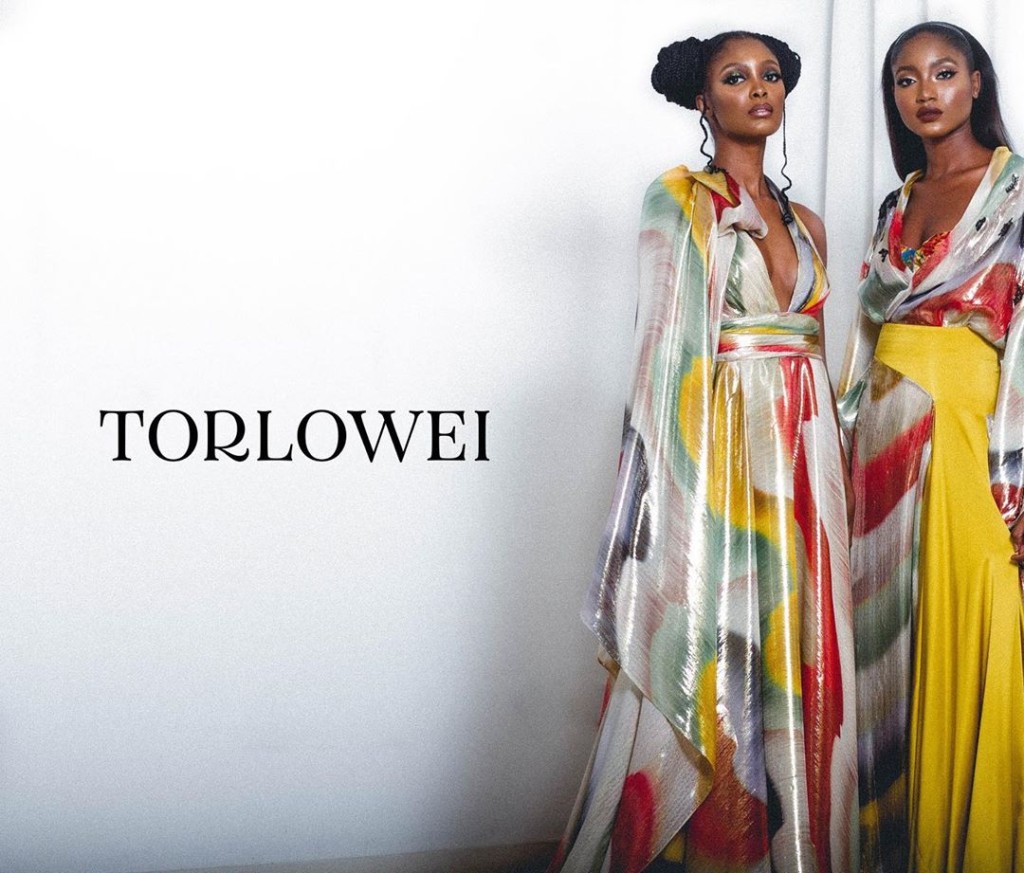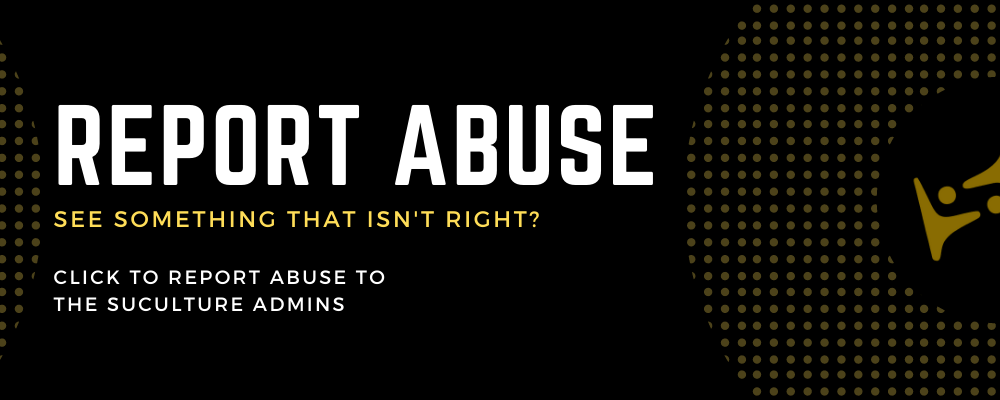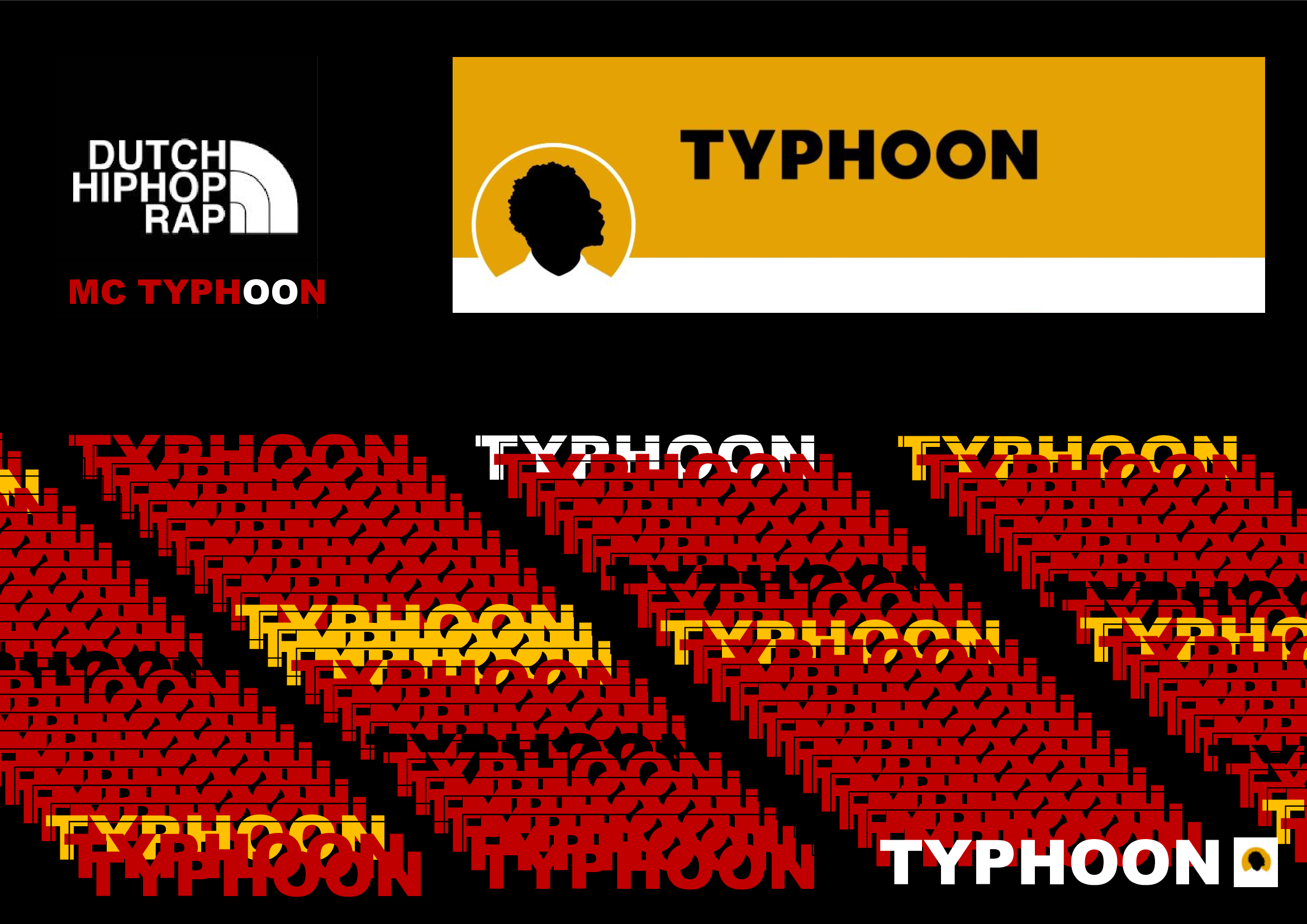-
AuthorPosts
-
-
African Symbols, Tattoos and
Myths – The hermeneutics
and methodology of
interpretation.
Intro: Africa’s Tattoo Traditions.
African traditional symbols, and masks, are used as a concise statement of esoteric/scientific principle’s, an adage, aphorisms, identity and/or story-telling.
Known as the source of all civilisation, and humankind, symbolism and tattoos have adorned the bodies of Africans as permanent inked symbols; typically as a scientific technique for lineal identification and protection, tribal loyalty, social status, continuity, individuality and human body beautification and art.
African symbols also widely appear in textile’s, pottery, logos, and on walls, for architectural design, as identified in ancient Egyptian chronicling, mummification, and Malian archiving.
African traditional symbols continue to exist today, in the form of the Adinkra and VèVè, in the African diaspora.
Contemporary use of African symbols and tattoo:
Thinking of getting an African Adinkra symbol tattoo? Perhaps your beliefs and philosophy implies a permanent inked tattoo on you conveys some sort of mystical, ‘magickal’ inner meaning. Aside from those who decide to get a tattoo, whimsically, on a drunken night-out, for you, tattoos have more deeper cryptic interpretation, and is a constant reminder of a personal journey, or the commemoration of an event.
As above, African symbols/tattoos have wholesome psychological effect and influence your perception, and disposition.
Below are a list of examples, images, symbols and their meanings.
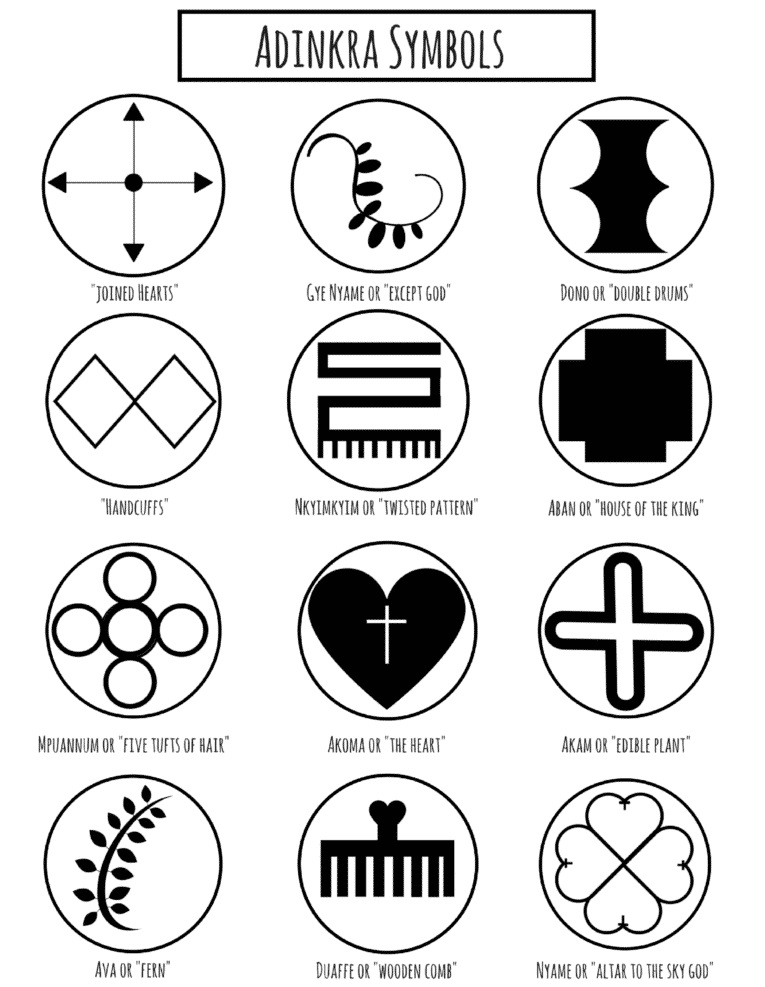
The VèVè Tatoo; origin Western Sub-Saharan Africa.
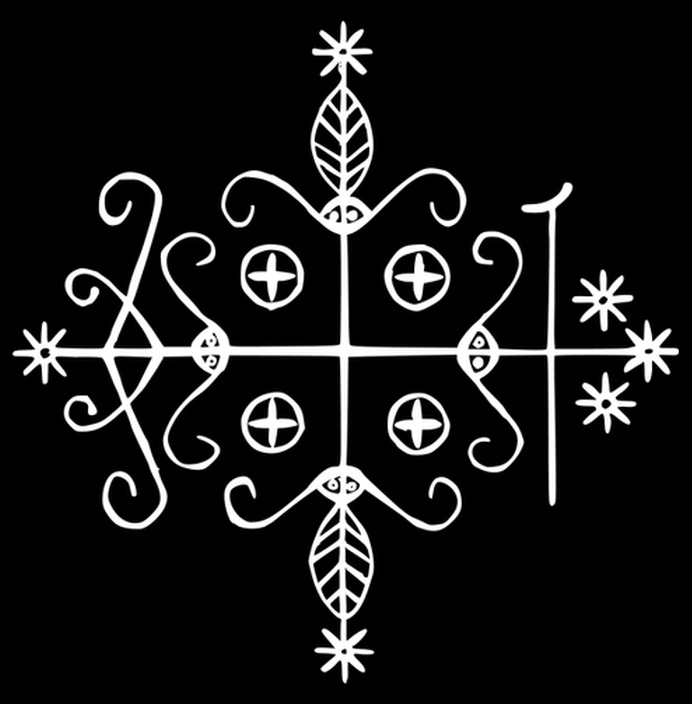
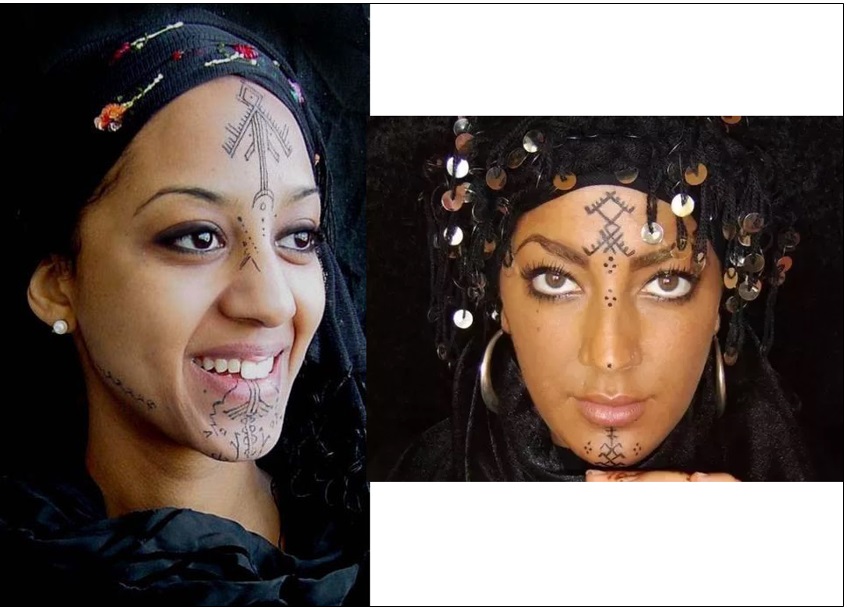
The African Sankofa Adrinka Symbol/Tatoo; symbolism that serves as a roadmap, and life-long reminder of heritage, and the journey ahead.
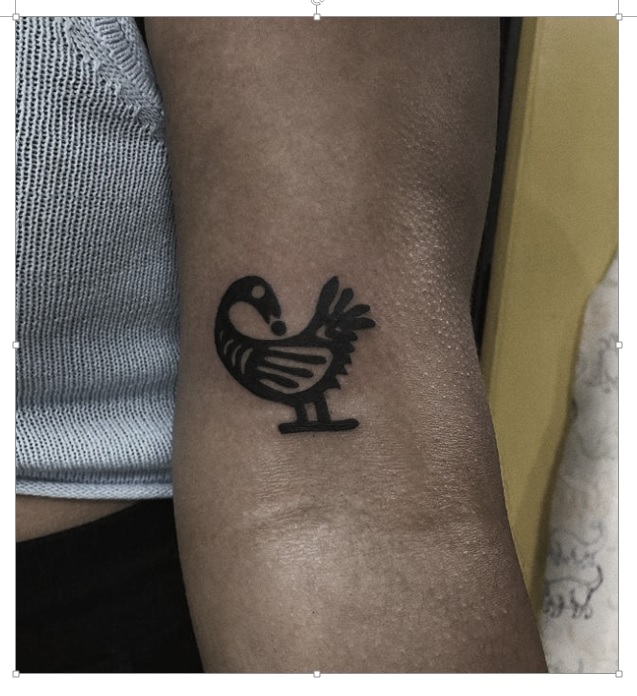
The Duafe (wooden comb) Tatoo; symbolism for womanhood, and feminine qualities.
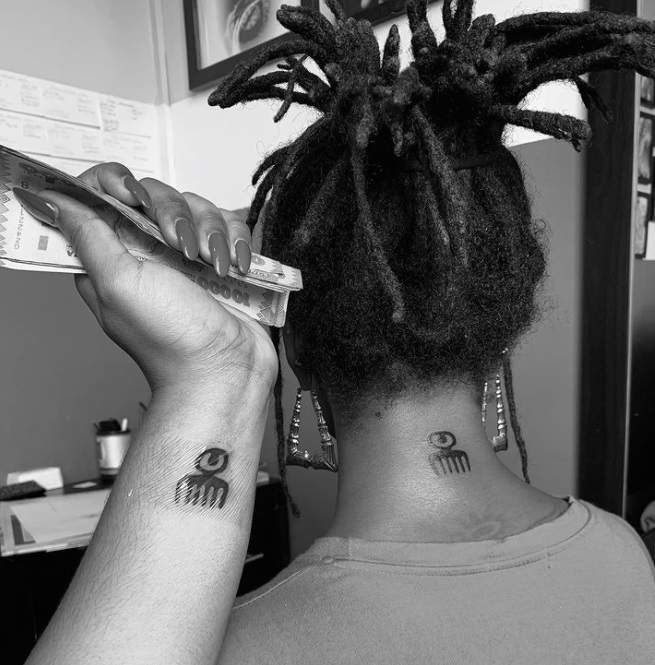
The Egyptian hieroglyphs, the Ankh Cross and the Eye of Horus; representing consciousness/knowledge, health and the mysteries of life.
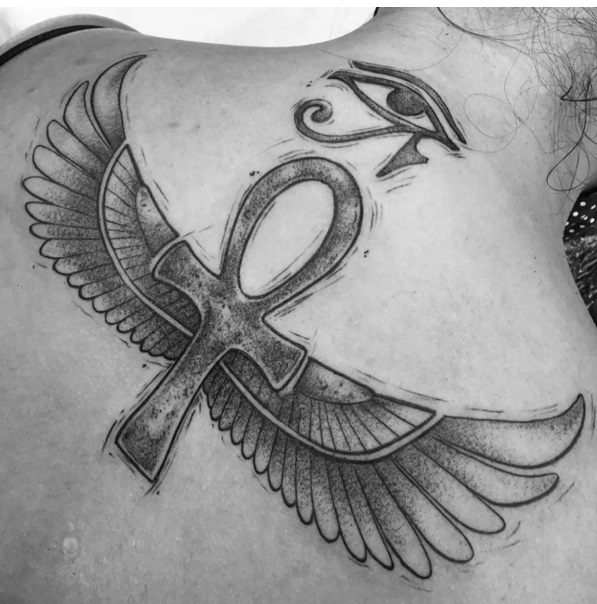
-
-
AuthorPosts
You must be logged in to reply to this topic.

